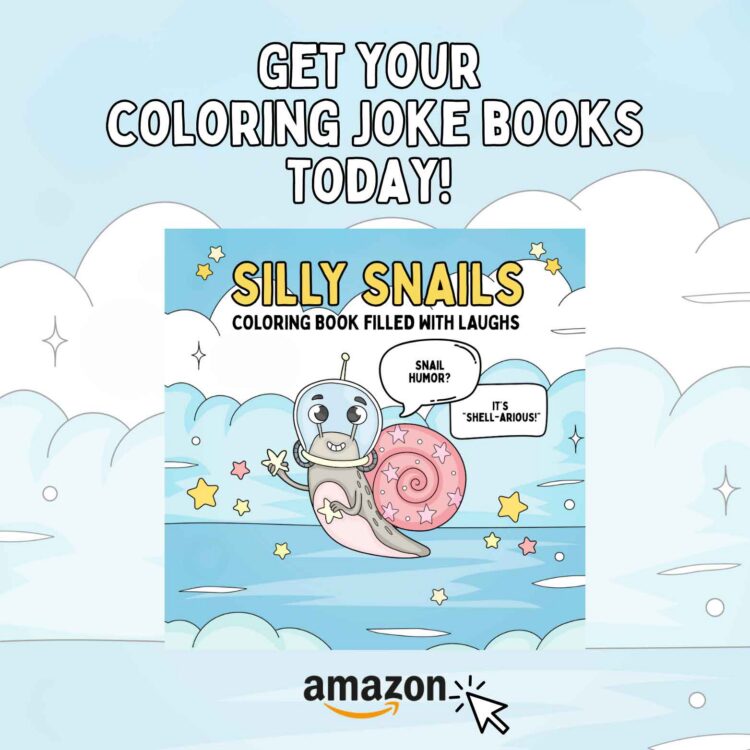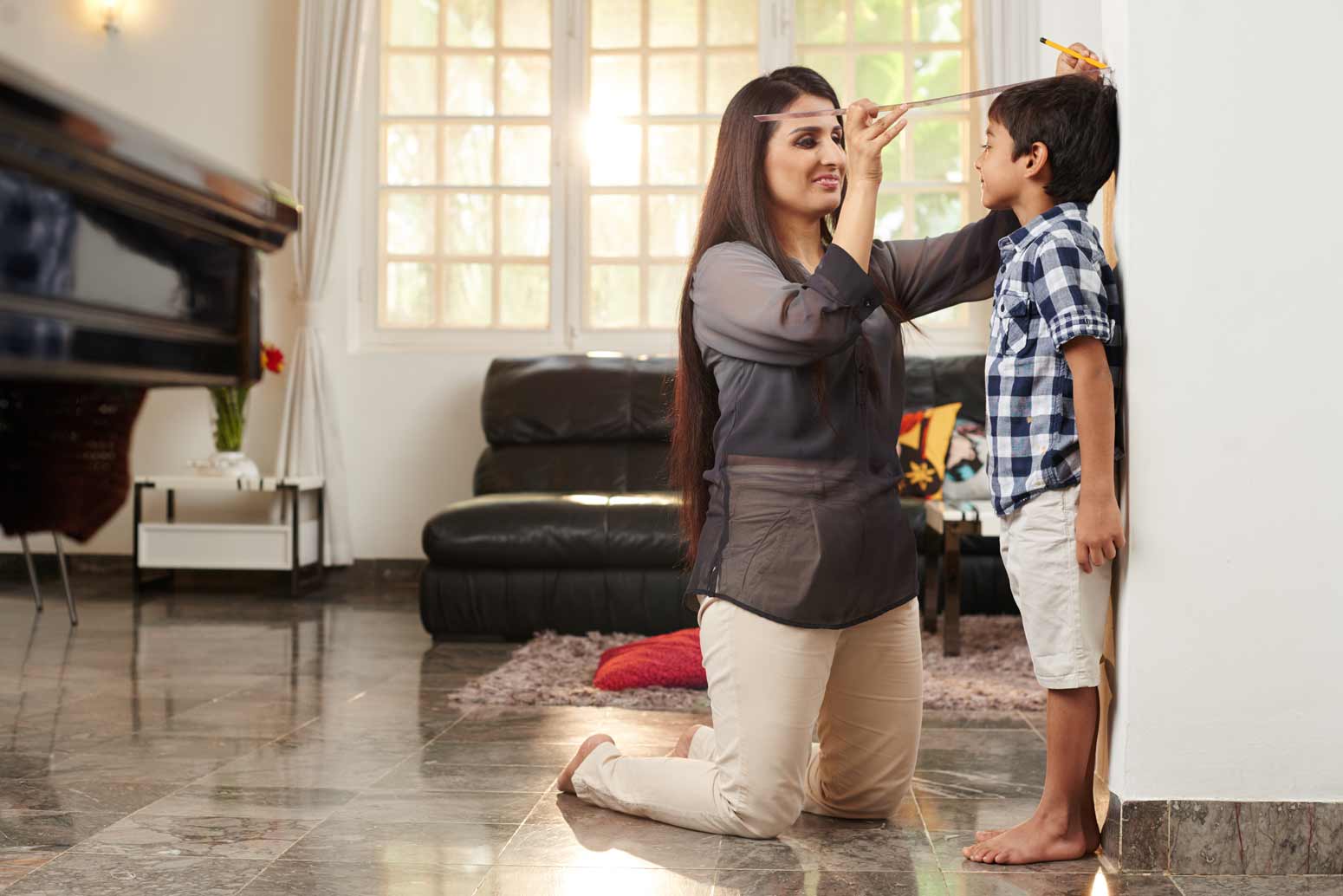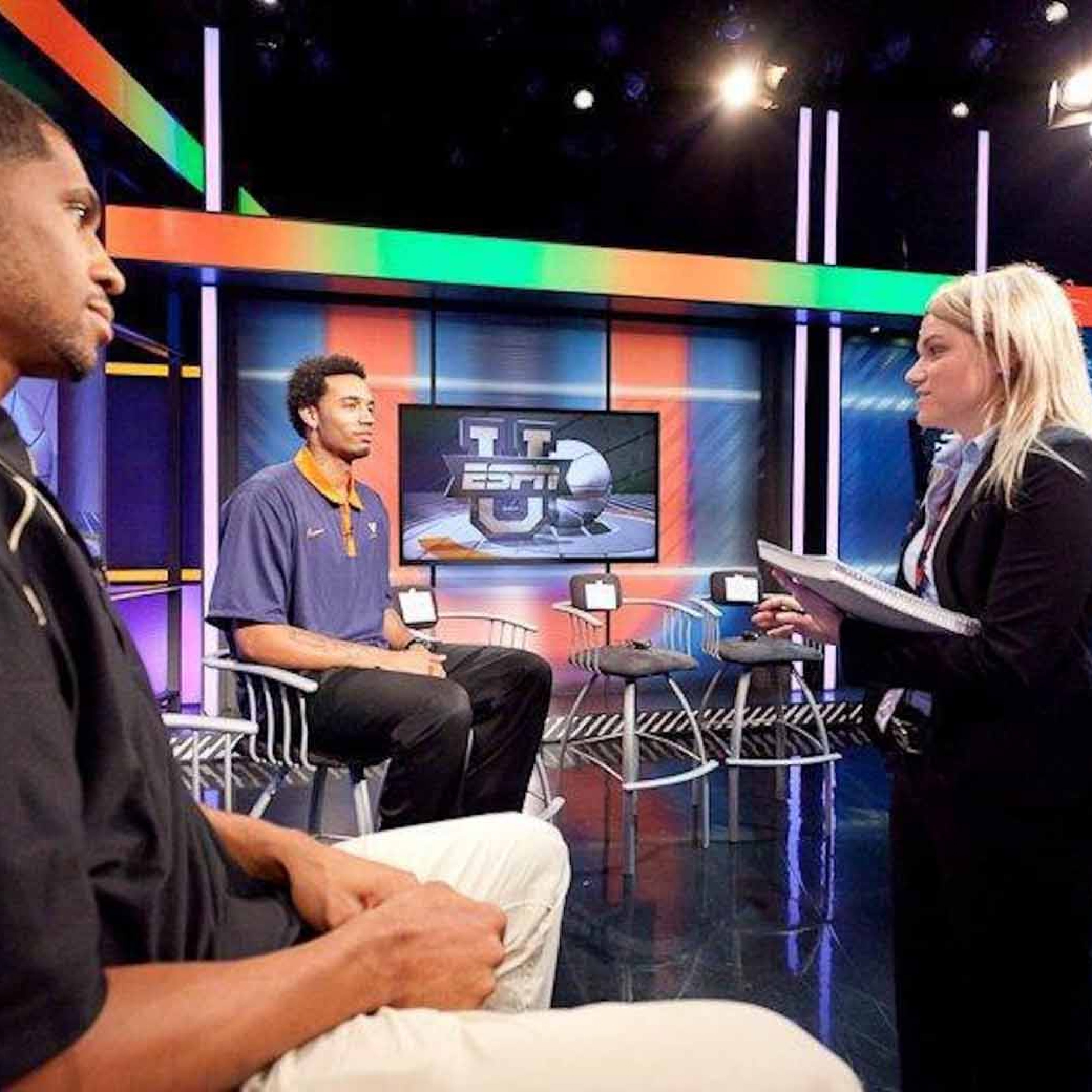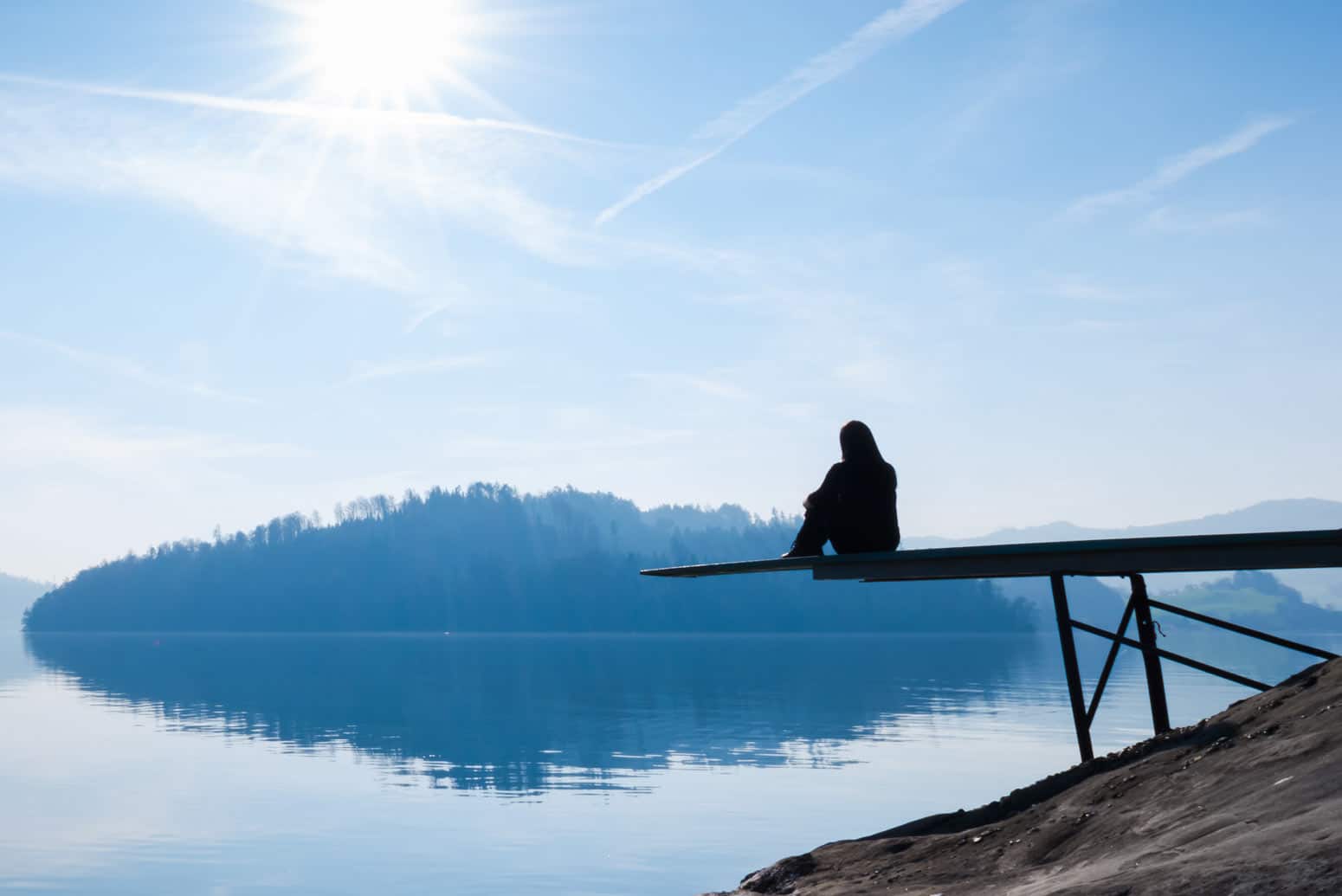In 2010, Nicki Minaj came out with one of the most empowering songs for women that I’ve ever heard, not like her typical pop-rap about clubbing and dancing, but one that captures the struggles we women face from time to time in a male-dominated society. “Fly” featuring Rihanna will always be one of the most near and dear songs to my heart because it came out at a time when I needed to hear its words most. I hope you, too, will find inspiration and courage from her words and my story.
I came to win, to fight, to conquer, to thrive
I came to win, to survive, to prosper, to rise
To fly…
The year is 1920, and a 70-year-long battle for women’s rights has finally come to a head as the 19th amendment is ratified and women now have the right to vote in the United States of America. I can only sit in wonder at how liberating it might have felt to be a woman in this era, whose hands were seemingly forever tied, and are now freed to move about and work towards something she believes in. To have a voice. To have the freedom to express that voice through her vote. To fight, and to conquer. To rise above the station that society had kept her in for so long.
Flash forward about 20 years, and with the emergence of network television is the birth of sports television broadcasting. This milestone would bring about yet another 35-year-long battle for women, whose love for sports could live only as viewers or participants of “lesser” sports on the fields which they held so dear. It wasn’t until 1975 that America saw its first role for a female sports reporter, and since then, the road has been long and obstacle-laden for women to permeate the world of men that govern sports and its multi-billion dollar industry. Pioneers like Phyllis George, Jayne Kennedy, and Doris Burke began to pave the way for females to break into this world. They paved the way for future generations of female sports addicts to follow their dreams. They were not defined by the gender roles that dominated the world in which they saw themselves living and thriving in. As young girls looking to their legacy, it gave us hope. It dared us to dream to fly.
“I came to win, to survive, to prosper, to rise”
As a young girl moving through my high school and college years in the South, I knew the road was not going to be an easy one, as I set my sights on following my then-idol, NBC Sunday Night Football reporter, Andrea Kremer. In fact, I knew that I had no time to spare. From the very moment I graduated high school and walked onto campus at Appalachian State University, I was going to have to dive right in.
My very first internship was with the Varsity Men’s Soccer Team as the Video Coordinator. I was in charge of filming the entire game for the team to review in order to dissect each play, for both home and away games. I’ll never forget the last game of the season, an away game at Virginia Tech. If anyone has been to Blacksburg, VA at the end of November/early December, they can attest to the chill that sticks to your bones this time of year. I remember sitting atop their press box, wind blinding me, with my hands completely numb despite the hand warmers one of the team moms had generously given me to stuff into my gloves and thinking, “This better be worth it.”
From there I continued to sign up for several very non-traditional roles for females—from main camera grip for Camera A for the Football Team to my last internship with the Sports Information Department that gave me just the taste of the media frenzy I was craving. The key was to remain focused. I couldn’t worry about the naysayers or those who would never treat me as an equal because I was a female filling a role that traditionally belonged to males; my dreams were too important. As the occupational narrative was changing in the sports world—opening doors for more females—so was mine, and my new goal was to work for ESPN.
Nearing the end of my college years, I knew it was time to start looking at the bigger picture and focus on a major media market. Harnessed with my fancy new Electronic Media Broadcasting degree and a resume that showed all of my many internships, proving I was willing to work hard and not just joke around through college, I used my network in my small mountain town to reach out to a few people in Charlotte, North Carolina. It was the closest media market with the most opportunity. After all, there was an NBA team, an NFL team, plus several media conglomerates that made their home there, from NASCAR to ESPN. I set up a full day of interviews with five of these major venues: NASCAR, ESPN, the Carolina Panthers, RAYCOM sports, and a small media company that did freelance work for all of the major contributors when there were events in the area. I dressed up in my most professional looking suit, drove down the mountain with my dreams in my pocket, and went through the day’s interviews, ending lastly at ESPN.
I couldn’t worry about the naysayers … my dreams were too important.
Sometimes all you need is someone to take a chance on you. Someone to see your potential behind the blonde hair and girlish nervous laughter, and someone who is not restrained by the misogynistic views of days past. That person for me was Kent Berry, and he changed my life forever. I still had about three months of school left, but KB said if I wanted to drive down each weekend for Sportscenter, that I could start off as a logger, documenting each play of the football games, and working with the highlight producers to build highlights. I was on cloud nine. I had done it. I had gotten my foot in the door.
As I graduated, the market crashed in 2008 and ESPN put a two-year hiring freeze on any full-time positions … not to mention that at that time, no one was leaving their jobs. I worked freelance on the weekends during the week while basketball was going on and worked full-time at other companies in the industry, biding my time. It felt like an eternity, but as I continued the grind, things were working in my favor behind the scenes. In 2010, I was hired as a Project Production Assistant, meaning I had signed a nine-month contract to work as a production assistant, and I started working on College Basketball. It wasn’t until I began working within the company at this level that I realized just how cut-throat the business really is.
What surprised me most is how the two sexes within the business had different ways of showing this truth. Some of the men in the business expected us to perform just as the male production assistants did. I felt almost as if they expected our way of producing the content to be just like them, instead of adding a different perspective on things. They wanted me to prove that I hadn’t gotten where I was by being an outgoing blonde girl, but that I knew the sports, which is understandable. But to reach the ever-developing viewership, we needed a more well-rounded approach. On the contrary, some of the women in the business challenged me when they didn’t need to, and I got the feeling that some of them felt threatened by me. Fresh blood in the water, I guess. The positions at ESPN were so coveted that the competition inside the company was fierce. Only a few project PAs would move into full-time positions, while others were weeded out. At times, I felt like I was in a popularity contest, and that all of the hard work I was producing was falling by the wayside when it came to the opinions of these women, most of whom were my peers at the time. It was hard at times to distinguish friends from enemies. It only made me want to work harder.
(It is important for me to note that at the same time this was happening, there were some men and women who were not like the ones mentioned above. I met so many amazing men and women in this industry who treated me as an equal and supported my different perspectives, which is what made the struggle all the more worthwhile. I am forever grateful for their friendships.)
Sometimes all you need is someone to take a chance on you.
At the end of my project position, I was up for an interview for one full-time position against two other project production assistants, both of whom were male. Everyone around me at my peer level seemed to think I didn’t stand a chance in hell. KB, along with a few of the other Producers and Coordinating Producers who believed in me, would encourage me and tell me, “This is your moment, kid. You have to go in that interview and show them you mean business.”
 And that’s what I did. I wasn’t going to be the girl who went in there intimidated. I was going to go in, guns-blazing, and prove to them that I wanted this more than my competitors.
And that’s what I did. I wasn’t going to be the girl who went in there intimidated. I was going to go in, guns-blazing, and prove to them that I wanted this more than my competitors.
After three tumultuous weeks of waiting and deliberating by my superiors, the announcement was made to my delight that I had received the full-time position and that my interview was “leagues above” the competition. It is a victory that I will cherish for the rest of my life. And one that made me work as hard as I could while I worked there. I went on to work at ESPN for two more years, and so many of my dreams came true. In the end, the company was making cutbacks, and 400 people got “let go” in a single week. Inevitably, the time came to move on, and from there, I went to work at the Golf Channel, another male-dominated society. My next job landed me in the Golf Shop at a private-club for a few years, again as one of a few females surrounded by males.
It is a victory that I will cherish for the rest of my life.
I think when we women find ourselves in these male-dominated atmospheres, it brings out a few things in us. One is our drive. Sometimes it’s in the form of a burden, to prove that we are equal, that we do belong, and that no matter what some men—or women—say or think, we can bring a new perspective to a once very narrow-minded culture. Second is our passion. When someone tells us we can’t or we shouldn’t—we throw ourselves passionately into our work, hoping to bring out our perspective on what means so much to us. I loved sports just as much as the next guy or girl, and I had a different way of delivering this content to the world. Lastly, I think we discover our true selves. After all, diamonds are forged through pressure, and I believe the brightest, clearest parts of our hearts are brought about when we face foes.
These feelings empower us to win, to soar higher, to conquer all that we can, not in spite of the fact that we are women, but because we are women. Working at these companies, despite the challenges I faced, have been some of the most rewarding experiences in my life. I learned so much from both my male and female peers and superiors.
Women are shaping the world we live in more than we’ve ever had the opportunity to do so before. As we continue to permeate the industries of men, we bring a new perspective, our grit and grace, and I can’t wait to see what the future holds for the human race as we allow this equality to spread.
—
You’ll also like Do I Have to Act Like a Man to Be Successful at Work?, Do All Strong Women Hate Men?, and Men and Women: Equal Not Identical
#gritandgracelife













